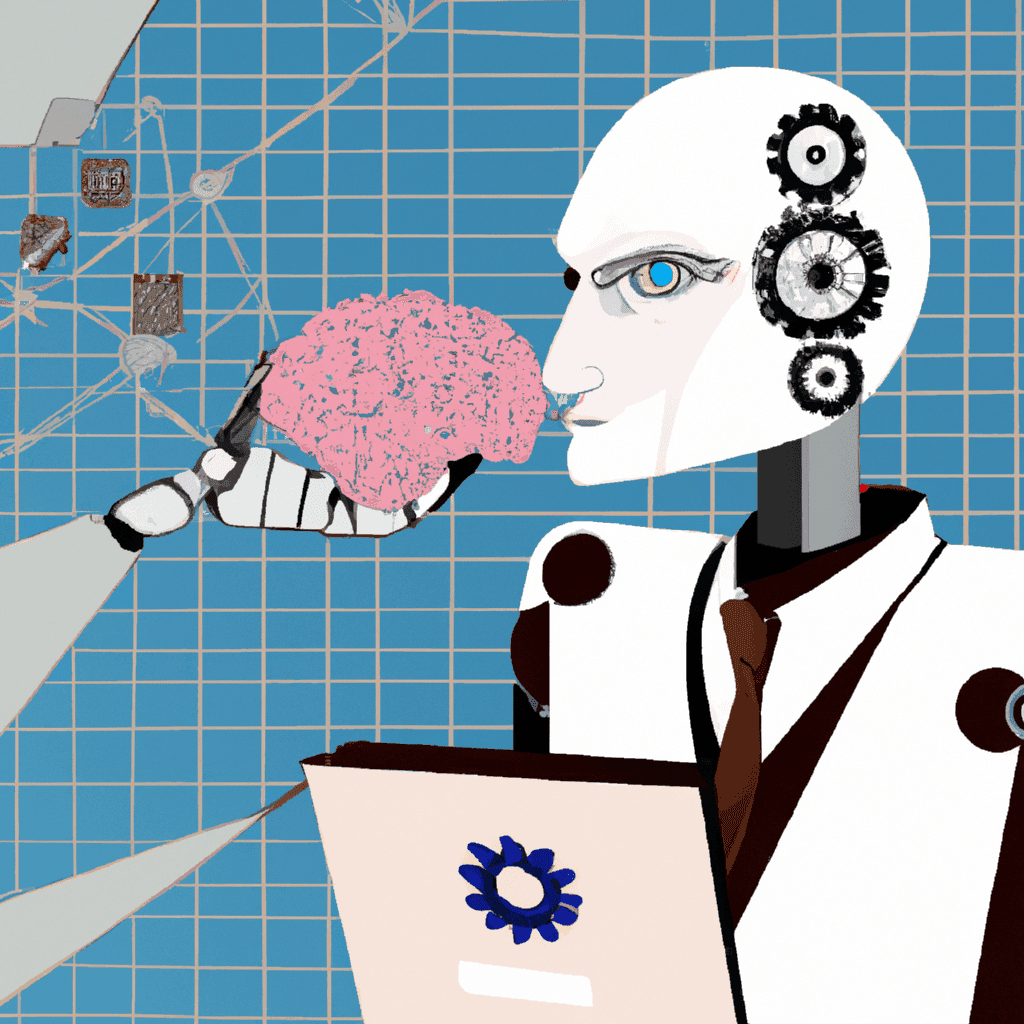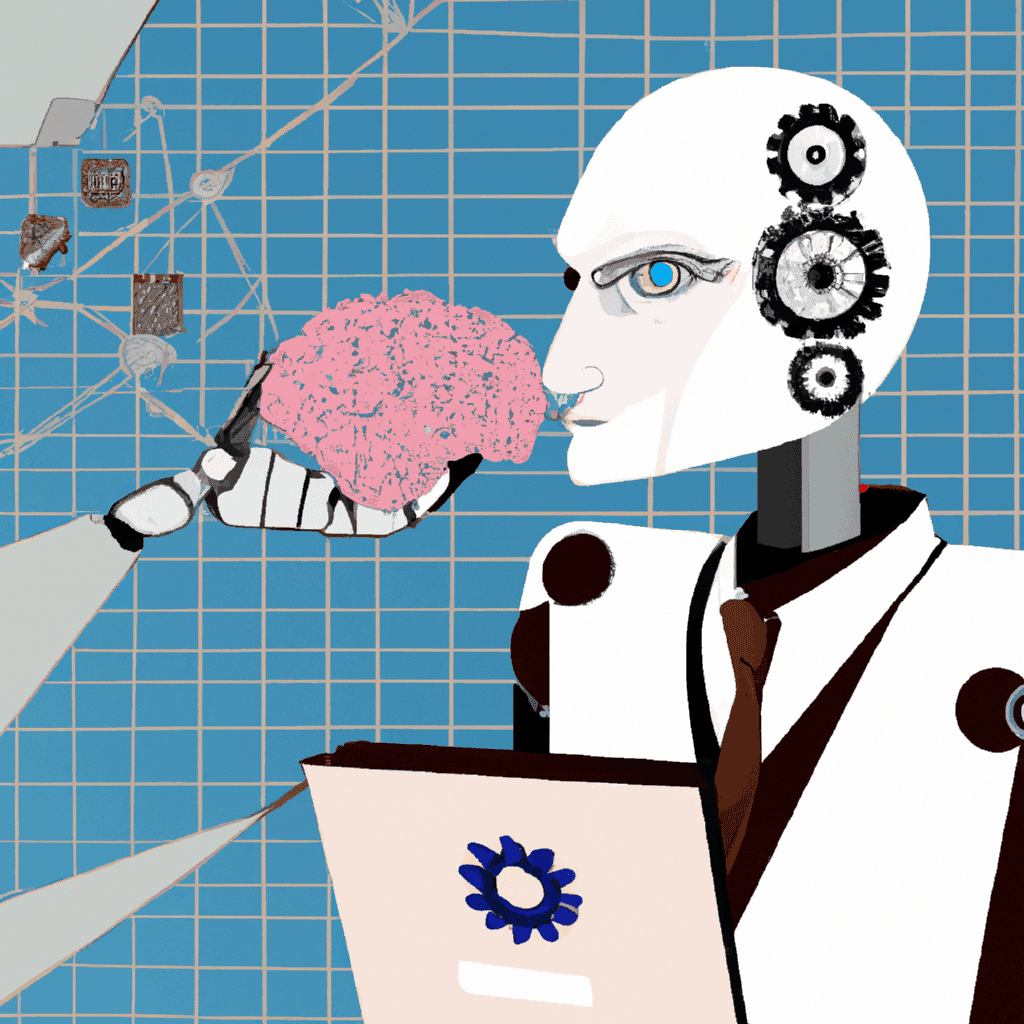A group of scientists inspired by the advances in computing achieved during World War II decided to join a conference to develop systems that emulate human intelligence. They were hoping to end the meeting with something similar to ChatGPT in their hands. What they thought in a few weeks took 66 years. Sometimes problems seem simpler from the outside.
The Three Great Processes That Allowed ChatGPT Creation
There are three major processes that explain why a product like ChatGPT is possible today and not in 1956.Cómputo Power
The first is computational power. Even with the sharp increase in chip efficiency, ChatGPT costs about $100,000 a day to work and cost several million to train. In the 1950s doing something like this would have cost several world GDPs if indeed all this computational power could be bought.Data Import
The second is, of course, the date, the result of the era of digitalization and the later era of the internet that made almost all the information we need for our day to day is accessible by a computer.Development in Mathematics and Computer Science
And the third and not least is the basic development of mathematics, computer sciences and exploration of different techniques so that AI-based products solve increasingly complex problems. One of these techniques is the one that used ChatGPT and is called “Reinforcement learning with human feedback”, i.e. a combination between which the machine learns alone and that a human trainer guides you to the best response.The Key to ChatGPT Success and the Revolution in AI
The mass audience has been enjoying the benefits of AI for decades through services that use it behind. This is the first time that a non-technical user can actually add value to their day-to-day and be aware that they are using AI.This difference and the disconcerting humanity in its responses are the keys to the media explosion that has managed ChatGPT, which is only the visible part of an AI development ecosystem that has a difficult speed to cover. Let us think that the industrial revolution took several decades to change the way of working, now the changes are weekly. (Yes, weekly, it is not a mistake). While this happens, our brain has the same ability to absorb changes as the first Homo Sapiens.
Changes in the Way of Searching Information
It would seem that the change of era is given thanks to the sudden interest in the massive media by the AI, but this is irrelevant to most industries. The line of events carefully observing is the one in which humanity will change its way of seeking information.The notable points in chronological order of this line would be: “From mouth to mouth”, “On paper”, “On digital files”, “Among Internet seekers”. We are entering a new era because this line opens a point at the end and it is called "Virtual Assistants", denoting the fact that we will start forgetting the dear search bar in pos of having a conversation with an assistant that we can guide to a more specific and personalized result.
Google's main business isn't disappearing. Today. But let's think what would happen if another player builds a powerful virtual assistant who solves problems in a range as wide as recommending dinner, teaching to program, get couple and even console us when we feel bad, and above knows us enough how to adjust their responses to our most intimate needs. Shall we go to **[google.com](http://google.com/)** to search for information about a product or will we ask our beloved virtual assistant to bring us the best results?
What will happen if, when we feel so comfortable in our assistant's constant company, we can share the date on sensors in our real-time body and the results of the search we ask start more and more to be influenced by this date? Are we going to want to pay a month for a service like this or are we going to prefer it to be free and funded with warnings?



Comments